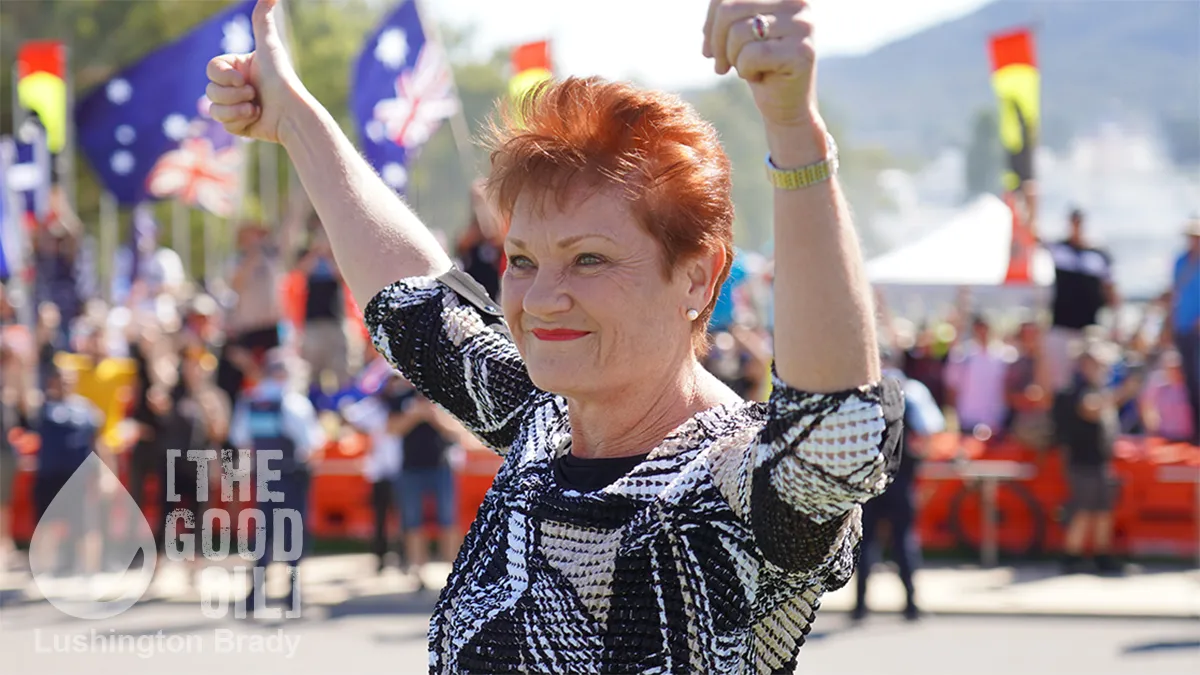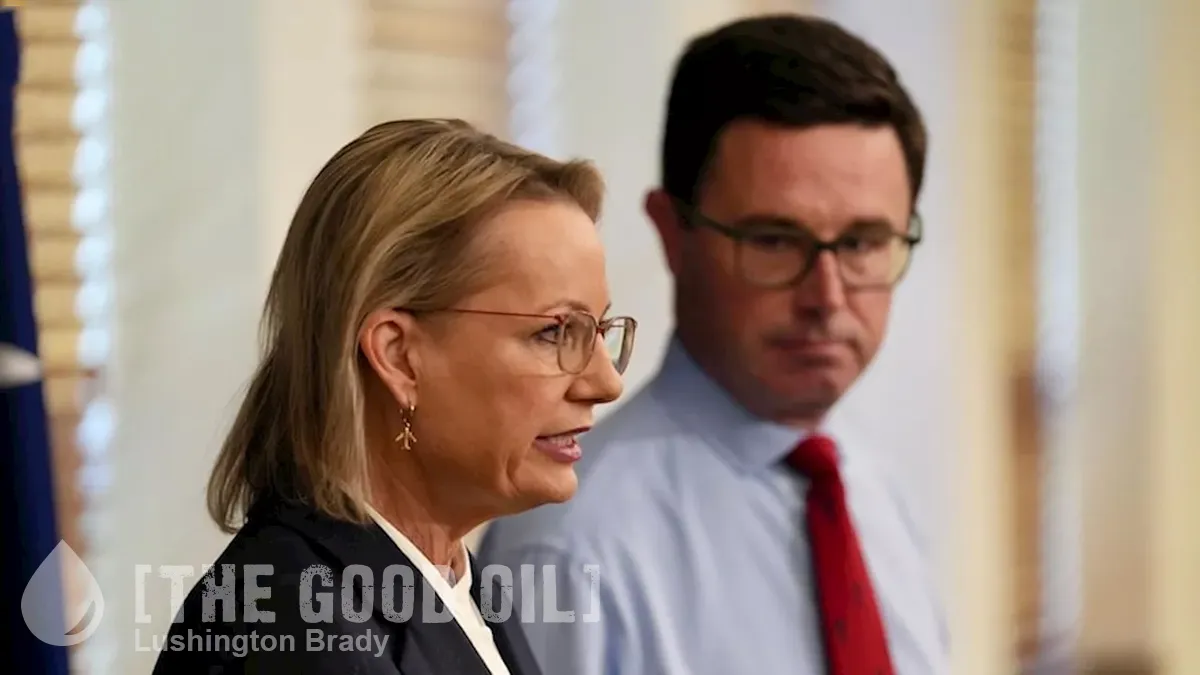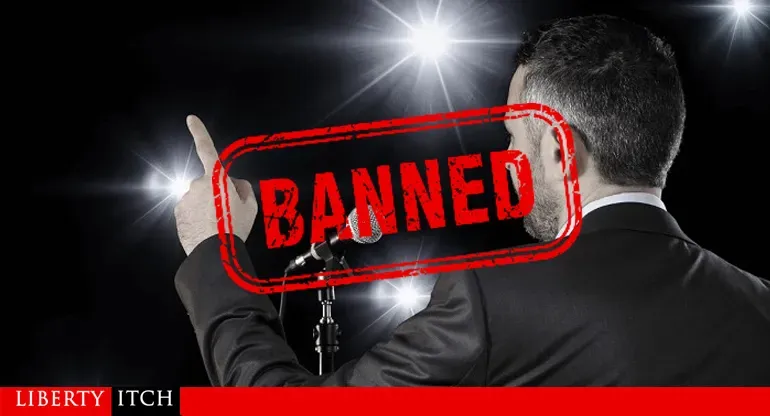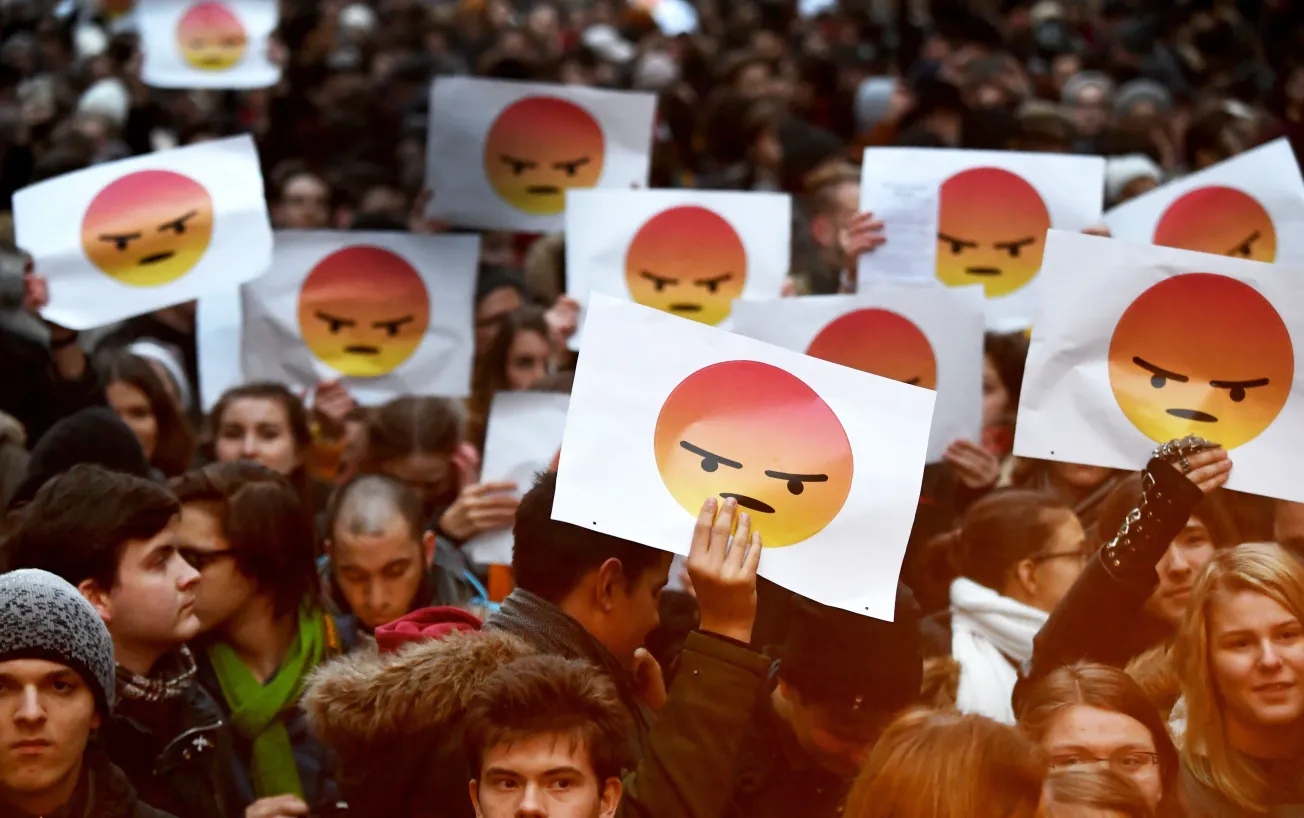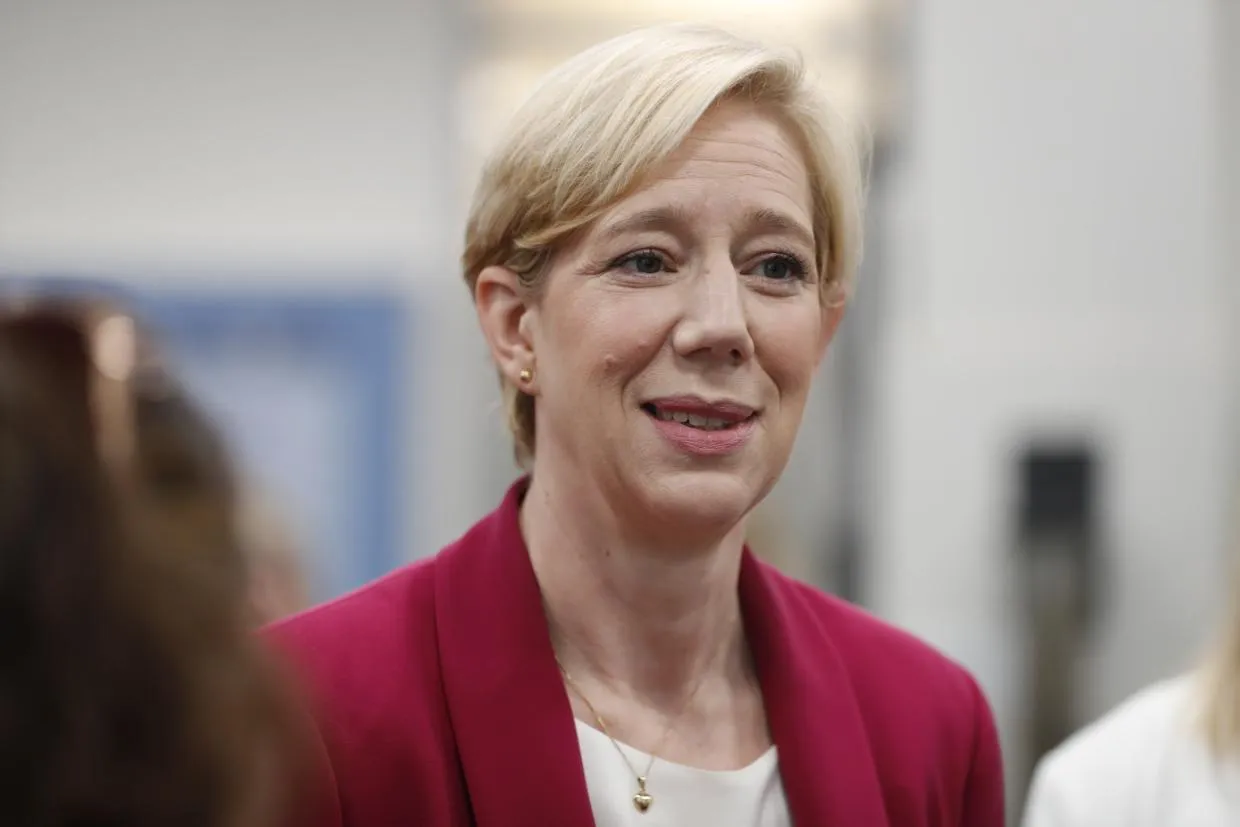Table of Contents
One of the enduring images of the Cold War was the defector. Communism was, after all, such a great system that communist nations had to actively stop their people fleeing. People wishing to travel outside communist countries faced a gruelling process to obtain an exit visa.
What does it say about Australia, now that our government is keeping us as carefully contained at home as any commissar?
Experts are questioning the legality of the government’s border measures requiring travellers heading out of Australia to get permission to leave.
A Soviet citizen wishing to travel abroad faced a staggering bureaucratic hurdle. Even once a permit was granted, the bureaucracy didn’t end. The state security apparatus had to approve, as well. Permits could be denied for no apparent reason and with no chance of appeal.
The travel restrictions put in place at the beginning of the pandemic mean that Australian citizens and permanent residents are unable to leave the country unless they get an exemption from Border Force.
The rationale for granting some exemptions and denying others is also often deeply opaque, adding to the frustrations of would-be travellers.
This extraordinary stripping-away of basic freedoms has been done under the rubric of “public health”, using the biosecurity act.
Law Professor Kim Rubenstein, an expert in citizenship law, said there were outstanding questions about whether the restrictions fit into the quarantine powers of the commonwealth.
“In essence, the government introduced amendments to the biosecurity act — what it essentially did was introduce a blanket ban on people leaving the country,” she said.
“This change is a very dramatic change in a democratic framework.
“One of the questions is when you’re restricting people leaving the country, does that necessarily fit within that quarantine power?”
The biosecurity act also requires the minister responsible is “satisfied … that the requirement is appropriate and adapted to achieve the purpose for which it is to be determined” and “that the requirement is no more restrictive or intrusive than is required in the circumstances.”
It’s this wording in the act that has the ANU Professor questioning whether the government is on solid ground with the ban.
“I just find it hard to comprehend how a blanket ban on people leaving is the least restrictive way of managing this health crisis,” she said.
While there has been one unsuccessful challenge in the Federal Court, so far the constitutionality of the ban is untested.
So far, too, the usual gaggle of human rights mavens have been silent. While they’re all-too-willing to fight tooth-and-nail for illegal immigrants, they’ve said almost nothing while Australians’ rights are summarily stripped.
ANU human rights law expert Kate Ogg said the ban could potentially leave Australia in breach of the International Covenant on Civil and Political Rights (ICCPR).
Article 12 of the covenant deals with freedom of movement and part of that right is the right to leave any country including your own.
“There are very strong grounds to argue that Australia is in violation of article 12 of the ICCPR,” Dr Ogg said.
“It’s not what we call an absolute right, the government can limit that right in certain ways, it can do it if it’s for public health.”
“But it’s not enough for the Australian government to say, ‘we’re doing this for public health’, the measures have to be proportionate and have to be the least intrusive options available.”
So why hasn’t anyone challenged the laws in the High Court? The expense, of course – and the fact that a challenge has to be “live”. That is, the Commonwealth must be actively preventing a person at the time of the challenge.
Professor Rubenstein said[…]”I think I’m aware of several people who have thought about challenging a ban but who have then managed to get an exemption”[…]
There is a challenge before the UN Human Rights Committee, the body responsible for hearing complaints under the ICCPR, regarding citizens being unable to return to Australia, but no final outcome has been reached.
Meanwhile, Australians are rapidly becoming less free than former communist states.

Please share this article so that others can discover The BFD


